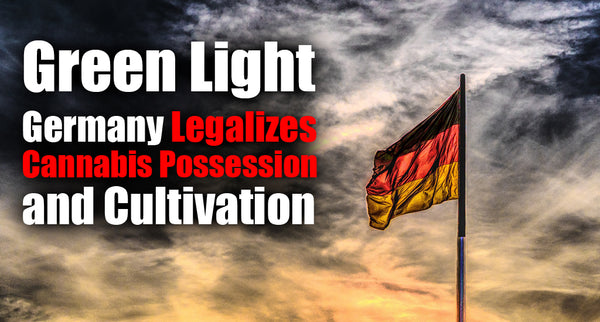
Transforming Access and Research: Israel's Progressive Reforms in Medicinal Cannabis Policies
Changes are on the horizon for Israel's approach to medicinal cannabis, aiming to make it more accessible and encourage further research. The current stringent regulations in the medicinal cannabis sector are set to be eased through new reforms, with the goal of improving the situation for both legal users and growers, and boosting advancements in the field.
Related article: Medical marijuana licensing: Israeli patients aren't benefitting anymore
The Israeli Health Ministry recently unveiled plans for a "comprehensive reform" concerning medicinal cannabis. This move comes in response to concerns raised by medical cannabis users about the challenges of obtaining the product legally and by local cannabis growers who feel burdened by excessive government oversight. The reform intends to achieve a significant reduction in industry regulations, enhance production supervision, and shift more responsibility to cannabis farmers. The overall aim is to expedite research and innovation within the field.
Revolutionizing Israel's Medicinal Cannabis Landscape: Unveiling Sweeping Reforms and Their Implications
What can we expect from these changes to Israel's medicinal cannabis policies? Presently, around 100,000 Israeli patients possess licenses to use medical cannabis, primarily to alleviate symptoms related to conditions like cancer, Crohn’s disease, multiple sclerosis, Parkinson’s disease, dementia, epilepsy, and post-traumatic stress disorder.
One major aspect of the reform involves allowing researchers to issue cannabis prescriptions to study participants. Additionally, a streamlined process will be established to verify the safety and efficacy of cannabis use. The speed of clinical trials exploring new applications for various forms of medical marijuana will be accelerated, and the export process will be simplified. The requirement for medical cannabis to be considered a last resort treatment, exempt from prior opiate treatment, will be eliminated. Furthermore, in cases where bureaucratic delays arise, the extension of medical licenses for users will be recommended by a doctor.
Furthermore, the reform will redefine the classification of "dangerous drugs" and the reference to CBD (cannabidiol), the active compound in cannabis derived from the hemp plant. This redefinition aligns with the conclusions of the ministry’s Shemer Committee, marking the conclusion of the transition period. The follow-up team, led by Dr. Boaz Lev, assessed the feasibility of retaining only cannabis with psychoactive elements in the "Dangerous Drugs Ordinance" if the THC concentration exceeds 0.3%, effective from February 2024.
By December of this year, there will be a shift toward prescriptions by specially trained doctors for ten types of medical cannabis that have been approved according to the regulations.
Faith and Futures: Religious Backing for Medical Cannabis Reform in Israel
Religious communities, such as the Orthodox and ultra-Orthodox (haredi) Jewish groups, have notably thrown their weight behind the movement to decriminalize and integrate medical cannabis, finding resonance with Halacha, the Jewish legal code, which endorses the utilization of organic elements that foster well-being. This alignment underscores a shift in attitudes, reflecting an understanding that cannabis can offer therapeutic benefits in accordance with religious principles.
As the landscape of medicinal cannabis policy reform unfolds, a diverse spectrum of opinions emerges. While a contingent of skeptical medical cannabis users remains unconvinced about the extent of change these reforms might yield, there exists an equally hopeful faction. This hopeful group believes that embracing the evolving framework for medical cannabis is a venture of promise and potential, worth exploring. This divergence of viewpoints underscores the complexity of the issue as Israel embarks on a journey toward reshaping its medicinal cannabis policies.
Leave a comment
Comments will be approved before showing up.



